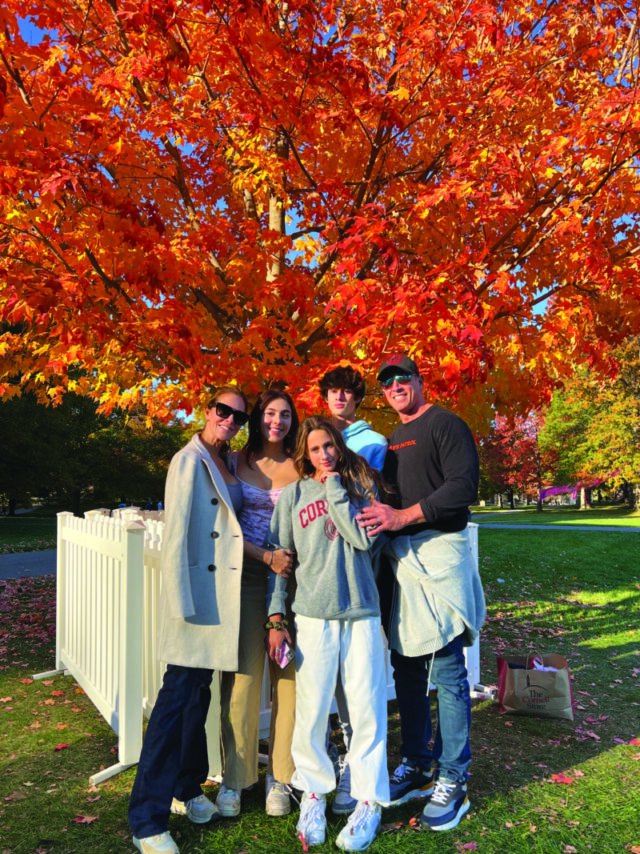
Science says we spend a third of our lives sleeping, but are we really? Sleep is the foundation of health, physical and mental. Our brains and cells regenerate and “cleanse” overnight when we go into a deep sleep. As we move through different sleep stages throughout the night, we need to figure out how to create a heat exchange for peak sleep performance. For this issue of Purist, Dr. Reuben Chen, in “Get Into the Rhythm,” outlines how circadian methods—those that align with natural cycles of light and dark—are a pathway to health. “Make sure your bedroom is cool to cold,” he writes, “as lower body temperatures promote deeper sleep.” The first stage of sleep is light sleep, when we enter a hypnagogic state of falling asleep, then comes deep sleep, often referred to as the “fountain of youth” or “slow wave sleep,” where DNA heals and minds reset, and finally REM sleep, when the body clock begins to warm up the body to wake it up. It’s estimated that by age 80, we only get about seven minutes of deep sleep. So why wait until it’s too late to create healthy sleep patterns?
Most people know how light affects our circadian rhythm—and the downsides of cellphone usage at bedtime—and now we’re learning more about temperature working in concert with light. A recent interview I did with sleep expert Tara Youngblood, a trained scientist and student of traditional Chinese medicine, Ayurvedic practices, neuroscience and psychology, yielded a few disturbing facts. The scariest of which is about the health impact of sleep deprivation if one gets fewer than six hours of sleep in a two-week time frame (students, people dealing with profound grief or trauma, health care workers, drivers, postpartum mothers), it’s the same as being legally drunk, which leads to stress, depression, short-term memory loss and, as we get older, advanced brain shrinkage.
So what’s the solution? As with anything, quality over quantity. Sleep rituals are essential—mind-resting bedtime ones like reading, meditating, bathing, dim lighting. Environment, behaviors and mindset, the pillars of sleep, need to be in balance. An important fact: body temperature drops 2 degrees to effectively fall asleep, stay asleep and go into a deep sleep, so regulating and maintaining that—by sleeping cool—through the first cycles of sleep is essential. Metabolism, hormones and the aging “thermostat” needs help cooling off.
Youngblood was tired of being tired, and became what she refers to as a “mad scientist,” reading over 300 books on science and neuroscience, intent on learning how to maximize the benefits of all the stages of sleep and sleeping cool. Her aha moment came when she realized there is a recipe to sleep, and turned all the sleep hacks into a product. Her invention of a temperature-regulating mattress topper, based on one’s personal needs—simply, Chilipad Pro mattress cooling from www.sleep.me (part of the Dock Pro Sleep System)—protects us from body-warming mattresses and blankets that are counterintuitive to a deep state of quality sleep. But don’t just take my word for it—Time just recognized Dock Pro as one the top inventions of the year. Purist readers get a 30% off discount using the code PURIST30.
Besides learning from problem-solving thought leaders and moms like Youngblood, the gift of sleep might just be the best gift I’ve given myself this year. What’s the best self-care gift you’ve given yourself this year?
To all, a good night’s sleep!






